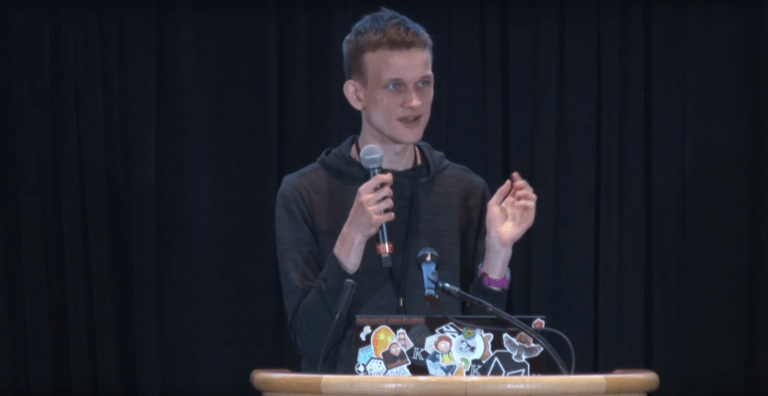On Monday (August 31), Vitalik Buterin, the author of the original Ethereum white paper (published in 2013) and a co-founder of the Ethereum Foundation, expressed his concern about the sustainability of the current state of the yield farming space.
Here is how Binance Academy explains yield farming, one of the newest concepts in decentralized finance (DeFi):
“It’s a new way to earn rewards with cryptocurrency holdings using permissionless liquidity protocols. It allows anyone to earn passive income using the decentralized ecosystem of ‘money legos’ built on Ethereum. As a result, yield farming may change how investors HODL in the future. Why keep your assets idle when you can put them to work?”
It goes on to say:
“Yield farming, also referred to as liquidity mining, is a way to generate rewards with cryptocurrency holdings. In simple terms, it means locking up cryptocurrencies and getting rewards.
“In some sense, yield farming can be paralleled with staking. However, there’s a lot of complexity going on in the background. In many cases, it works with users called liquidity providers (LP) that add funds to liquidity pools.
“What is a liquidity pool? It’s basically a smart contract that contains funds. In return for providing liquidity to the pool, LPs get a reward. That reward may come from fees generated by the underlying DeFi platform, or some other source.
“Some liquidity pools pay their rewards in multiple tokens. Those reward tokens then may be deposited to other liquidity pools to earn rewards there, and so on. You can already see how incredibly complex strategies can emerge quite quickly. But the basic idea is that a liquidity provider deposits funds into a liquidity pool and earns rewards in return.
“Yield farming is typically done using ERC-20 tokens on Ethereum, and the rewards are usually also a type of ERC-20 token…
“However, cross-chain bridges and other similar advancements may allow DeFi applications to become blockchain-agnostic in the future. This means that they could run on other blockchains that also support smart contract capabilities.
“Yield farmers will typically move their funds around quite a lot between different protocols in search of high yields. As a result, DeFi platforms may also provide other economic incentives to attract more capital to their platform. Just like on centralized exchanges, liquidity tends to attract more liquidity.”
Yesterday (August 31), Vitalik, who acknowledges that he is not one of the smartest minds in DeFi, said that he does not believe the current state of the yield farming space is sustainable due to the crazy high yields on offer:
When asked what does it mean for things to “settle down”, he replied:
Vitalik then explained why he could not see a “plausible path” for the current generation of yield farming projects to generate real cash flows. In particular, he seemed to be referring to Uniswap competitor SushiSwap (which was launched on August 26), which hasn’t even been audited yet has managed to achieve over $1.3 billion in total value locked (TVL) in just a few days after its launch:
The views and opinions expressed by the author are for informational purposes only and do not constitute financial, investment, or other advice.









